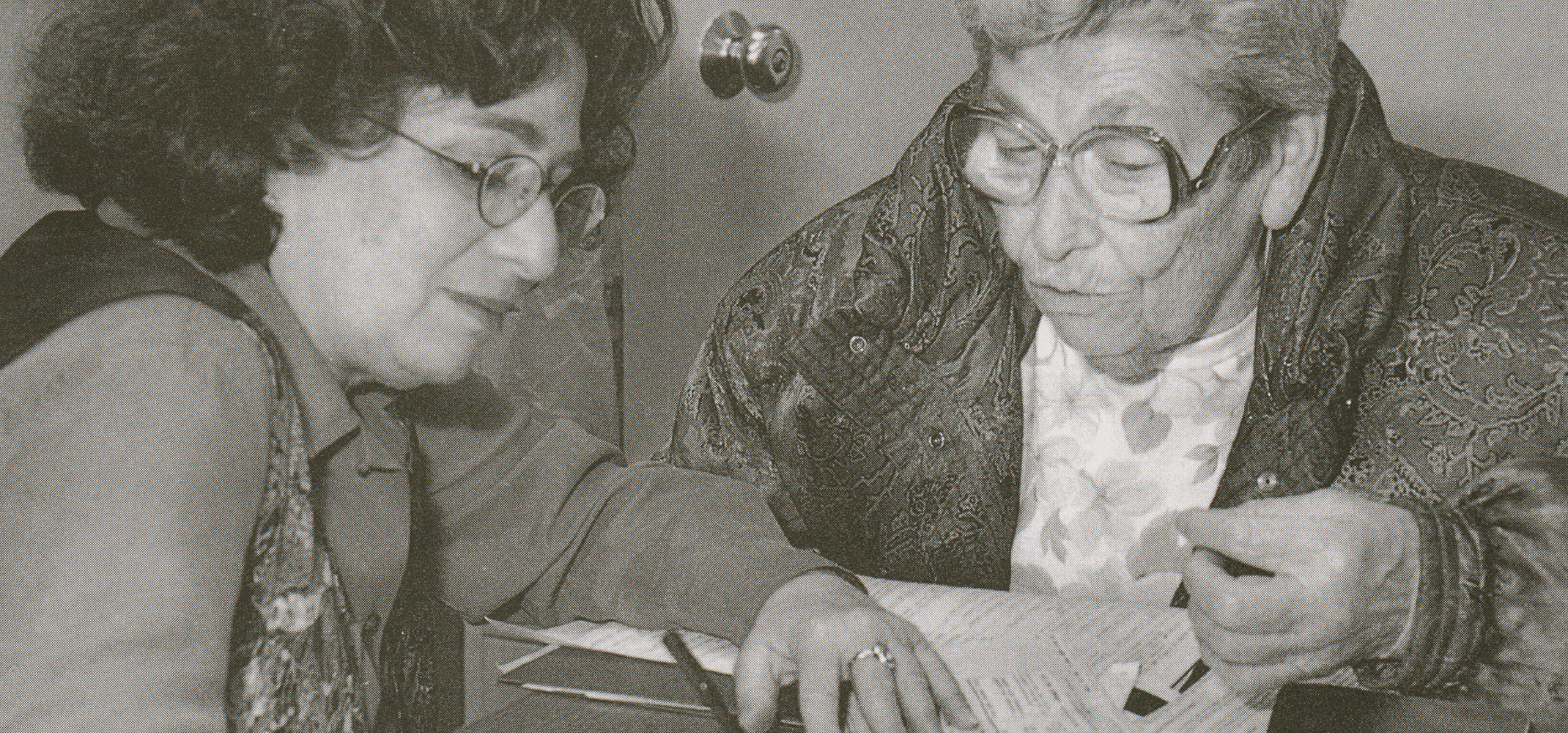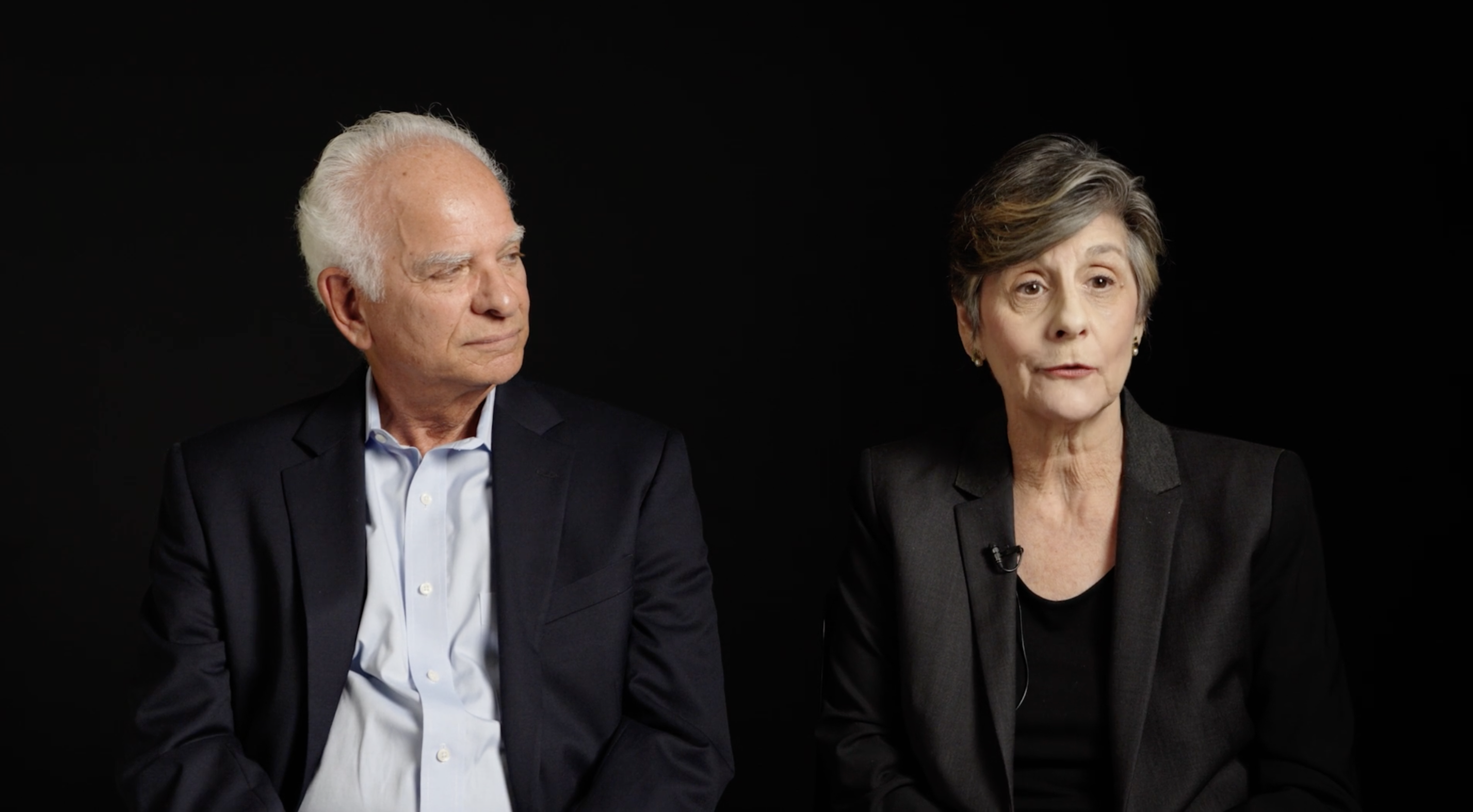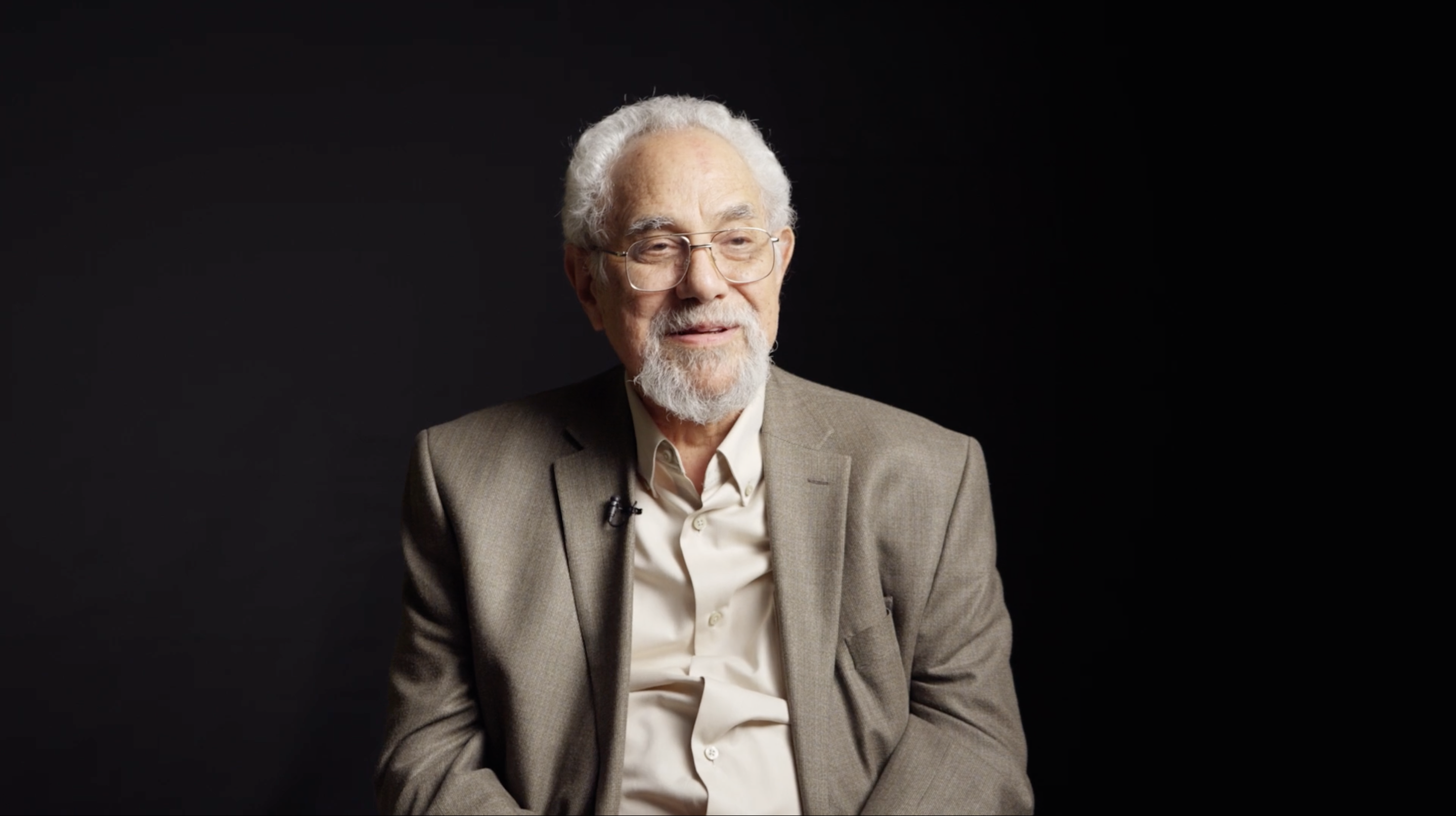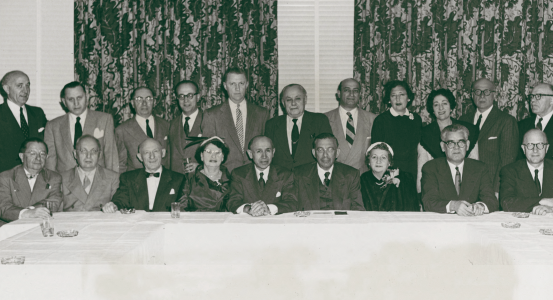Through the latter half of the 20th century, The Jewish Board has worked closely with city and state government to provide needed social services to New Yorkers. Jewish Board leaders have been at the forefront of debates and negotiations regarding which services should be funded publicly, as well as funding sources and rates.
The federal establishment of Medicaid in 1965 marked a significant turning point, as it created a new and large source of public funding for healthcare, effectively doubling state healthcare budgets. Over the course of the 1970s and 80s, Medicaid coverage for mental health care rapidly increased due to federal policies linking Medicaid to Supplemental Security Income (SSI) and expanding definitions of “disability” to include behavioral health issues. During this period, Jewish Board leaders worked closely with state officials to figure out how to make as many services as possible Medicaid-eligible to secure these additional funds.
Today, public funding for mental health services provided by licensed therapists and social workers remains far below funding for non-behavioral medical services provided in hospitals. The Jewish Board continues to fight for more parity between these intertwined and interdependent forms of healthcare.








